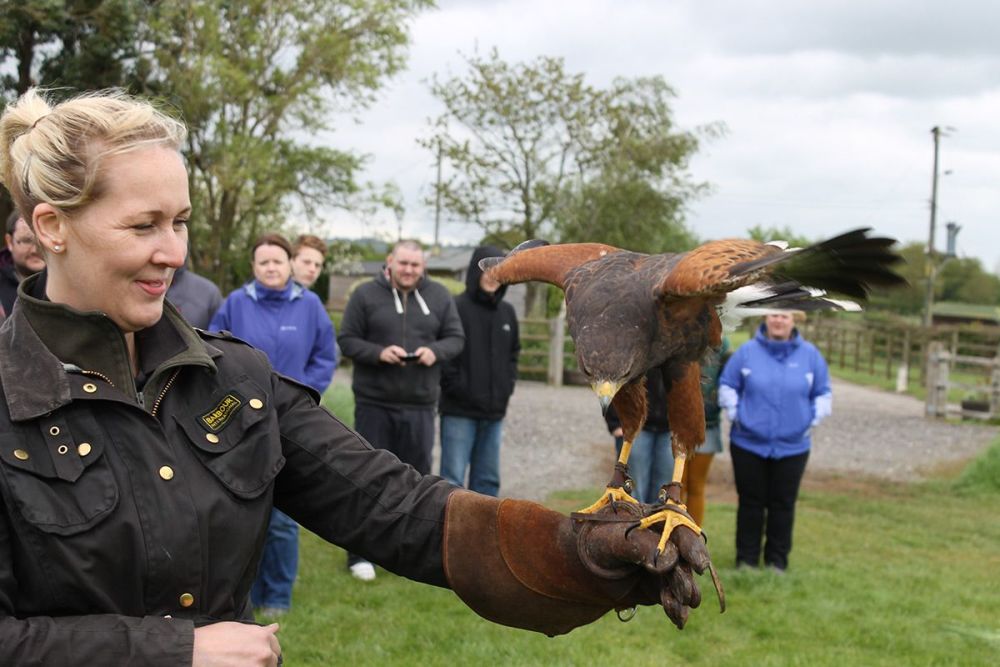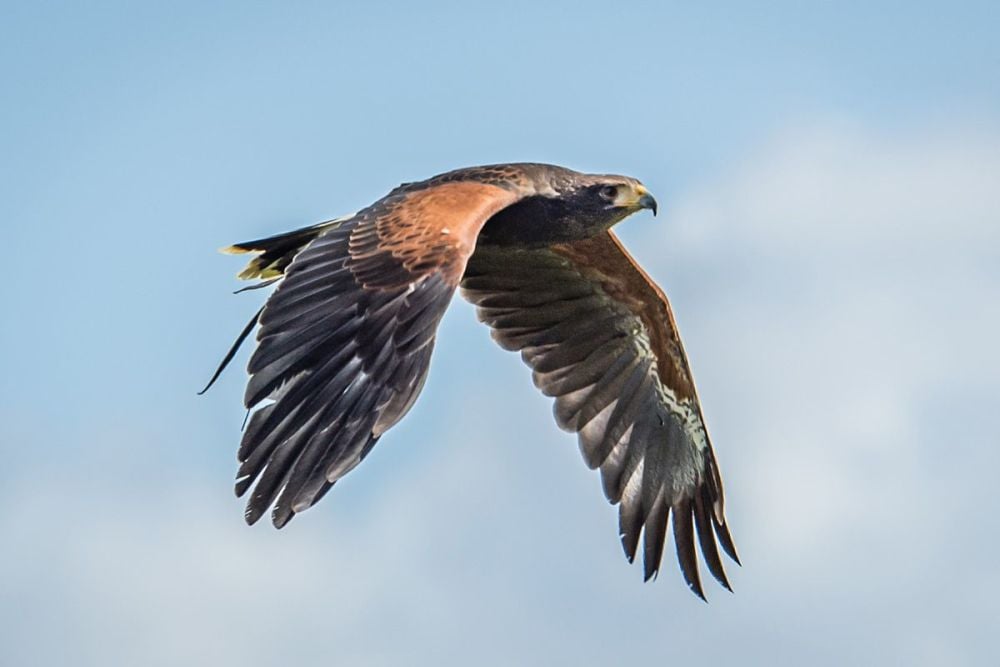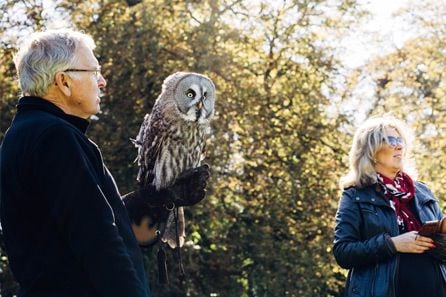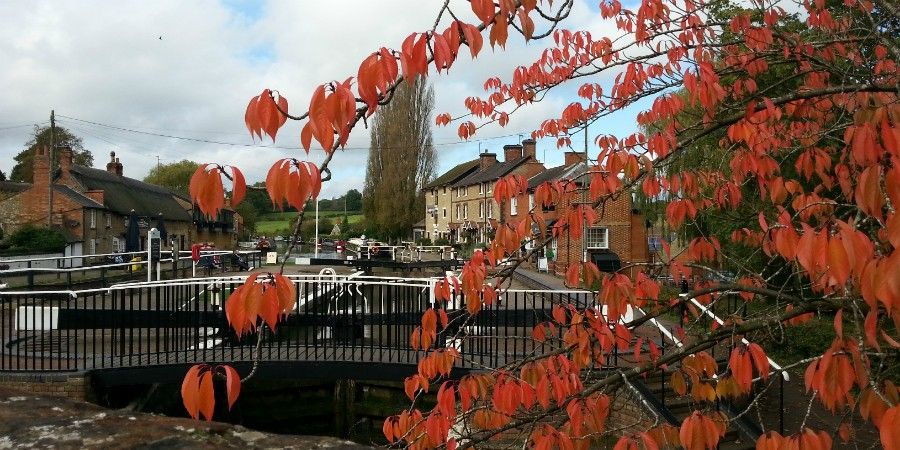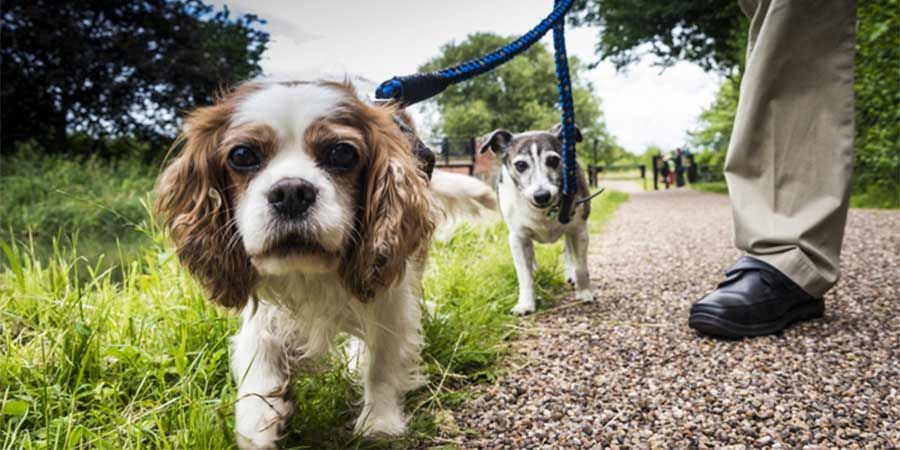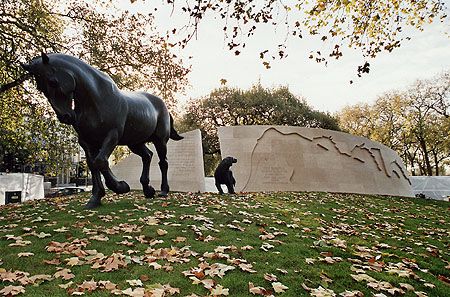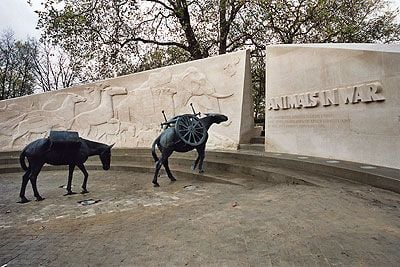Watch Ospreys on the Scottish Wildlife Trust's webcam!
Posted on
|
The Scottish Wildlife Trust has an Osprey Webcam so take a few minutes and enjoy the sight of ospreys at the Loch of the Lowes Wildlife Reserve and Visitor Centre in Highland Perthshire. They have other webcams as well - you can see what's happening in the natural world in Scotland! Lose yourself in nature! They also have lots of information about how you can encourage wildlife to your garden. Give them a home, and they will come! We’ve done that in ours and there’s nothing I love more than listening to and watch the results. It’s like having our own nature show! It’s only a small garden but hey, even a patch makes a difference to wildlife. Visit the Scottish Wildlife Trust's website here - its wonderful! There are lots of ways you can get involved and help, too. Find out more here |

